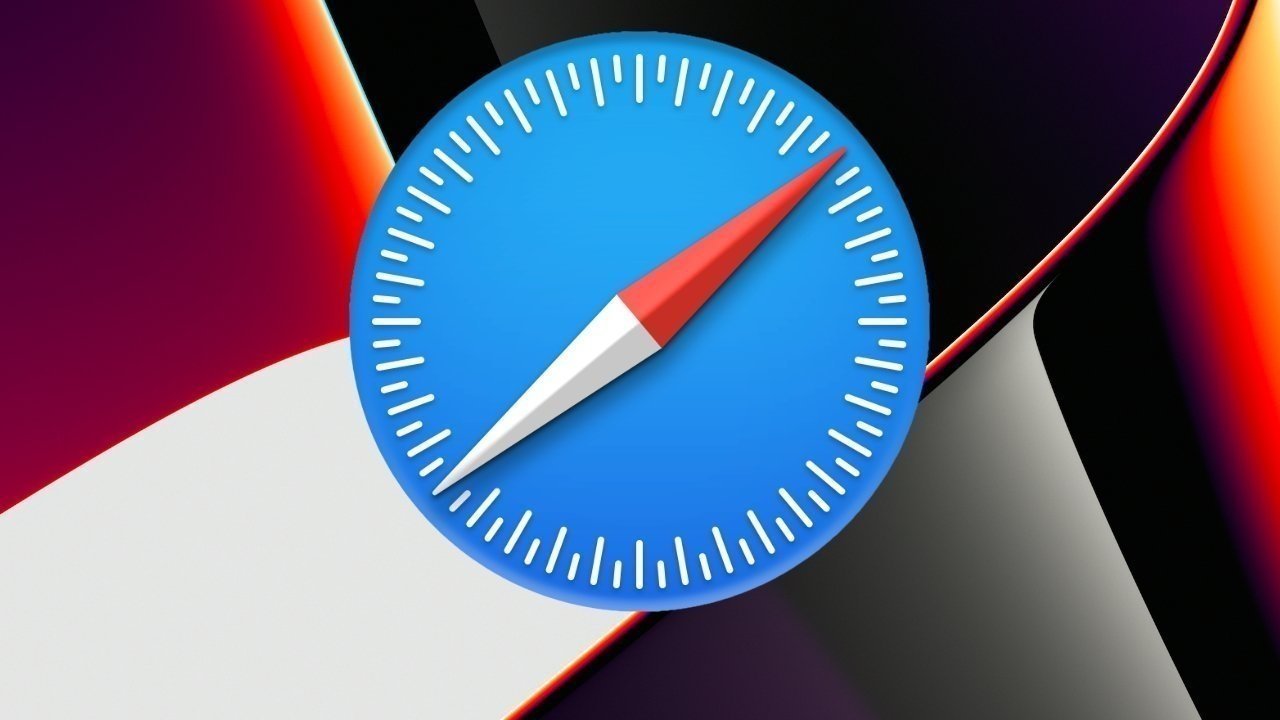Apple AI chief refers to iOS 17 Safari search feature in Google antitrust testimony
Apple AI chief John Giannandrea pointed out the quiet feature addition to Safari's search in iOS 17 as part of his testimony during Google's DoJ antitrust lawsuit.

The Department of Justice is in the middle of an antitrust trial with Google over allegations it has abused its power as the biggest search provider on the market. The trial, which has already involved a formal protest from Apple over the poor handling of secret data, also features testimony from Giannandrea.
During his testimony on Thursday and Friday, Bloomberg reports Giannandrea took the time to mention a feature of Safari for iOS 17 that wasn't reported on for its introduction. The quietly introduced feature allows users to set a different browser when using Private Browsing than the default.
Located in the Settings app under Safari and the subheading Search, there are two options. One, Search Engine, lets users select which browser is the default one for normal search, while the other is specific to browser searches under Private Browsing.
While the search can make it easier for users to switch between search engines with a single tap rather than navigating the Settings app, it also could give peace of mind to users. For example, they may feel safe in searching for things like Adult Content via a more privacy-forward search engine like DuckDuckGo than Google.
The lawsuit is expected to run for ten weeks, and has a number of Apple executives set to be called as witnesses, including Eddy Cue.
The allegations against Google cover areas such as payments from Google to Apple to keep Google as the default search provider on the iPhone. In iOS 17, Google is the default for the main browser search, while Private Browsing initially displays it will use whatever the default search has been set to.
Read on AppleInsider

Comments
If the Justice department was really interested in fair competition which they are not, they would do something about it. The actions taken by the justice department, or the EU mainly addresses the problems of the tech one percent.
Of course this was back in the days when cable was just TV and didn't have the competition from satellite TV or TV streaming over the internet. They are probably a lot less regulated now, than before. In my city, the city owns the cable company and its a monopoly. But they still have to get approval from the city council, to raise rates. Which by all account, they never seem to have a problem getting.
The grand daddy of all government granted monopoly was ATT. Back before cellular, the government wanted everyone to be able to afford a telephone and that anyone picking up that telephone, can use it call anyone else in the US. So the quickest way (and probably the only way) to do this was to have one standard and ATT was chosen by the government to be that standard. There were many different telephone companies at the time and their telephone services were not compatible with each other. Otherwise there would be telephone poles by every telephone company all over the US and one might need to pay for services of more than one telephone company, in order to call all their family members and friends. Plus none of them would spend the money to run their lines to small rural communities ,if it wasn't going to be profitable. So in order for ATT to have that "monopoly", they were government regulated and must provide their service to as many consumers as practically possible. For US consumers, ATT lived up to the government promise of providing an affordable telephone service that could communicate with anyone with a telephone, in the US.
That's because the regulators are responsible for the cable monopolies. Remember, when you do a monopoly, it's bad, but when the government does it, it's good, because they know best what you want.